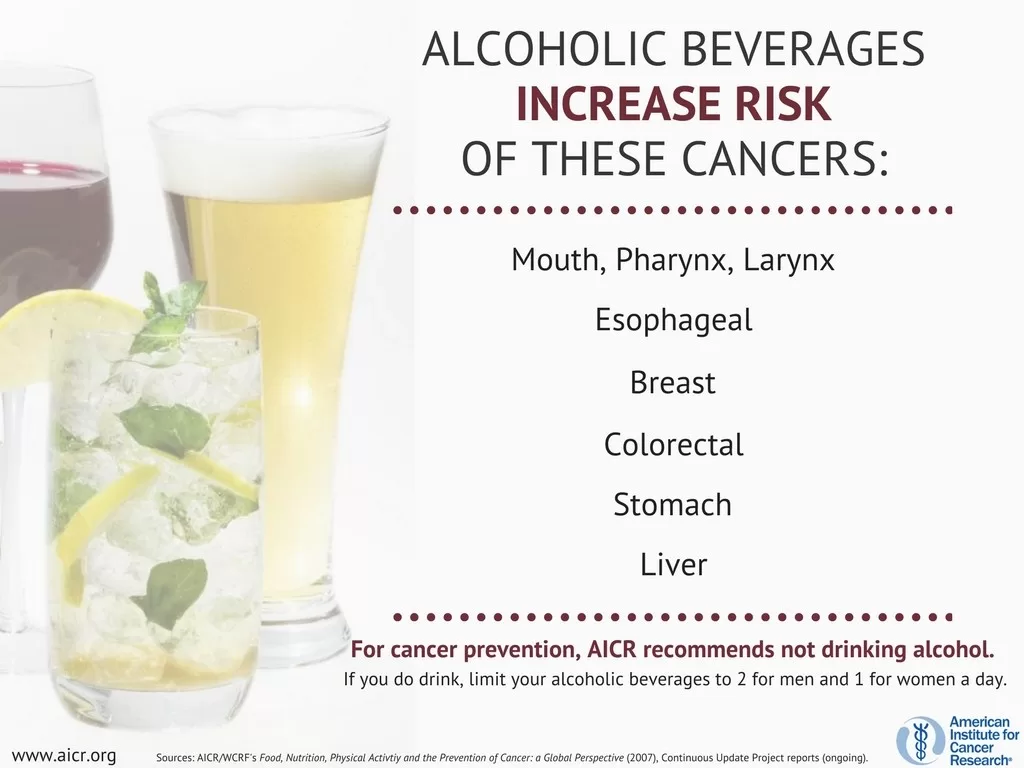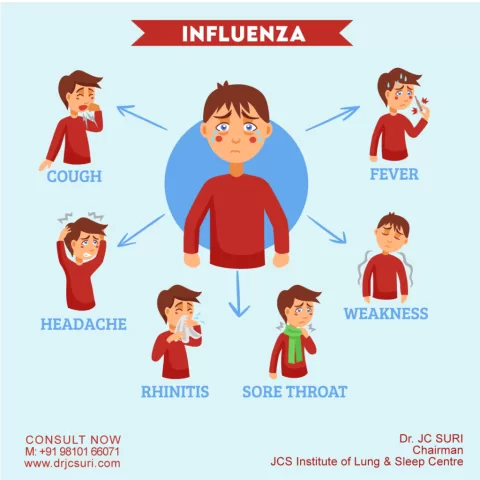Understanding the connection between alcohol consumption and cancer risk is vital in today’s health landscape. Recent recommendations from the U.S. Surgeon General spotlight the alarming links between various levels of drinking and an increased probability of developing several cancer types. This awareness is critical, as many remain oblivious to the health risks of drinking, including the dangers posed by alcohol-related cancers. In light of the Surgeon General Report’s emphasis on proposing cancer warning labels for alcoholic beverages, it becomes essential to reassess our understanding of alcohol guidelines and consumption habits. As medical professionals unite in this message, public health initiatives aim to enlighten individuals about the serious implications of alcohol use on their overall well-being and cancer susceptibility.
Exploring the relationship between drinking and cancer is increasingly relevant as new insights emerge. The U.S. health authorities are advocating for greater awareness regarding the detrimental effects of alcohol in relation to various cancers. With calls for the implementation of health warnings on alcoholic products, experts emphasize the importance of understanding the potential risks associated with different drinking patterns. Dissecting the implications of alcohol use provides a clearer picture of how moderation—or lack thereof—can influence individual health outcomes. By raising awareness through public discourse and regulatory measures, it is hoped that individuals will make more informed choices about their alcohol consumption.
Understanding the Link Between Alcohol Consumption and Cancer Risk
The connection between alcohol consumption and various types of cancer is increasingly being recognized in public health discussions. Medical professionals are urging that the general public needs to be more aware of the inherent risks associated with drinking. Alcohol has been linked to cancers of the mouth, throat, esophagus, liver, breast, and colon. The Surgeon General’s recent report stresses that any level of alcohol intake can pose health risks, particularly cancer risks, which is a crucial factor that many people still do not fully comprehend.
Moreover, studies indicate that alcohol consumption is a modifiable risk factor for cancer; minimizing consumption can potentially lower the prevalence of alcohol-related cancers significantly. This calls for a reevaluation of both public perception and the guidelines surrounding alcohol consumption. By integrating cancer warning labels on alcoholic beverages, as recommended in the report, there is hope for enhancing awareness and encouraging individuals to reflect on their drinking habits.
Frequently Asked Questions
What is the relationship between alcohol consumption and cancer risk?
Alcohol consumption is significantly linked to an increased risk of various cancers, including those of the mouth, throat, esophagus, liver, breast, and colon. The U.S. surgeon general’s report emphasizes that there is no safe level of alcohol consumption, and even moderate drinking can elevate cancer risk.
Should alcoholic drinks carry cancer warning labels?
Yes, the surgeon general recommends that alcoholic drinks should come with cancer warning labels. This initiative is aimed at raising awareness about the health risks of drinking and the established link between alcohol consumption and several types of cancer.
What do current alcohol guidelines say regarding drinking limits and cancer risk?
Current U.S. dietary guidelines suggest no more than one drink per day for women and two for men. However, emerging evidence indicates that even drinking within these limits may still pose risks for cancer and other health issues.
Is there a safe amount of alcohol that can be consumed without increasing cancer risk?
Research indicates that there is no safe amount of alcohol consumption. The World Health Organization categorizes alcohol as a Group 1 carcinogen, meaning it is known to cause cancer in humans.
How long does it take for cancer risks to decrease after quitting alcohol?
The time it takes for cancer risk to decrease after quitting alcohol varies. While some health benefits can be observed relatively quickly, it may take decades for the risk of alcohol-related cancers to reduce significantly after stopping drinking.
What are the health risks of drinking alcohol beyond cancer?
Besides increasing cancer risk, alcohol consumption is linked to various health problems, including cardiovascular diseases, liver damage, and addiction issues. The U.S. surgeon general’s report warns about the overall health risks associated with drinking.
Are some types of alcohol less risky in terms of cancer?
The type of alcohol—whether beer, wine, or liquor—does not significantly alter cancer risk. Instead, the focus should be on the quantity of alcohol consumed since the alcohol itself is the primary risk factor for cancer.
What does the surgeon general’s report suggest for future alcohol consumption guidelines?
The surgeon general’s report advocates for a reassessment of current alcohol consumption guidelines in light of new research linking even moderate drinking to increased cancer risk. Updates to national guidelines are anticipated.
What impact could the surgeon general’s cancer warning have on public perception of drinking alcohol?
The surgeon general’s cancer warning could enhance public awareness and shift perceptions regarding alcohol consumption and cancer risk. While immediate changes in drinking habits may not occur, it aims to educate the public on the dangers of alcohol.
What are some misconceptions about the health benefits of moderate alcohol drinking?
Although some past studies suggested potential health benefits associated with moderate alcohol consumption, many experts argue that these benefits are outweighed by the cancer risks. The consensus is that no health professional would advocate for regular alcohol consumption as beneficial.
| Key Points |
|---|
| A report by the U.S. Surgeon General calls for warning labels on alcoholic drinks regarding cancer risk. |
| Doctors support the report and highlight the connection between alcohol and seven types of cancer. |
| No level of drinking is considered safe according to the World Health Organization. |
| Alcohol is the third leading preventable cause of cancer, causing nearly 100,000 cases and 20,000 deaths annually in the U.S. |
| There is insufficient research on reversing cancer risk post alcohol cessation, but some recovery can take decades. |
| Current U.S. guidelines recommend one drink per day for women and two for men, but even these may increase cancer risk. |
| Moderate drinking has been suggested to have some health benefits, but most experts discourage any alcohol for health reasons. |
| Alcohol type matters less; it’s the quantity and concentration that influence cancer risk. |
| Changing perceptions about alcohol risks may take time, as younger generations are already drinking less than older ones. |
Summary
Alcohol and cancer risk have become increasingly prominent topics, especially following the recent report from the U.S. Surgeon General. This report emphasizes the clear connections between alcohol consumption and various cancers, advocating for public awareness and updates to regulations on alcohol consumption. As more doctors echo these warnings and research reveals the dangers even at low levels of drinking, it’s essential that individuals recognize the potential health implications, reconsider their drinking habits, and seek to stay informed about the latest guidance on alcohol and its effects on cancer risk.
The content provided on this blog (e.g., symptom descriptions, health tips, or general advice) is for informational purposes only and is not a substitute for professional medical advice, diagnosis, or treatment. Always seek the guidance of your physician or other qualified healthcare provider with any questions you may have regarding a medical condition. Never disregard professional medical advice or delay seeking it because of something you have read on this website. If you believe you may have a medical emergency, call your doctor or emergency services immediately. Reliance on any information provided by this blog is solely at your own risk.







